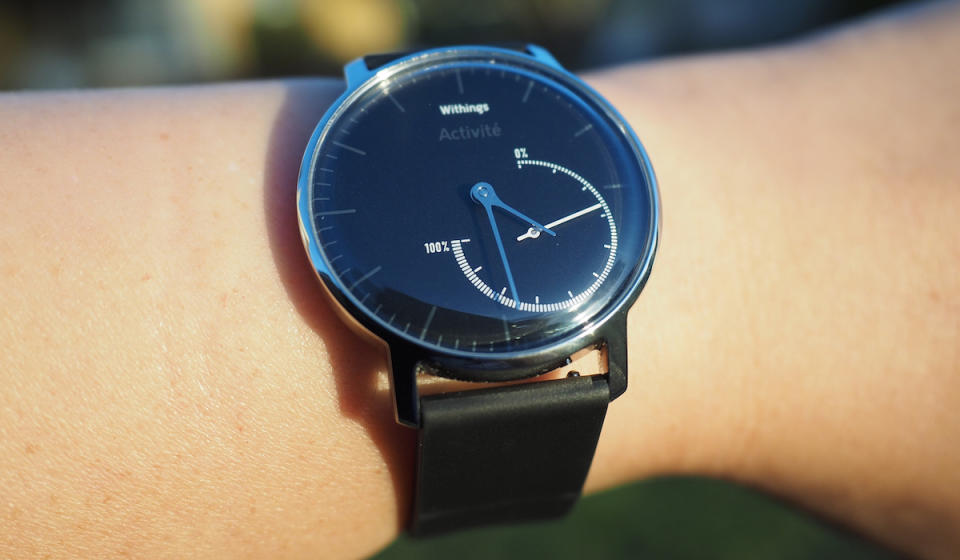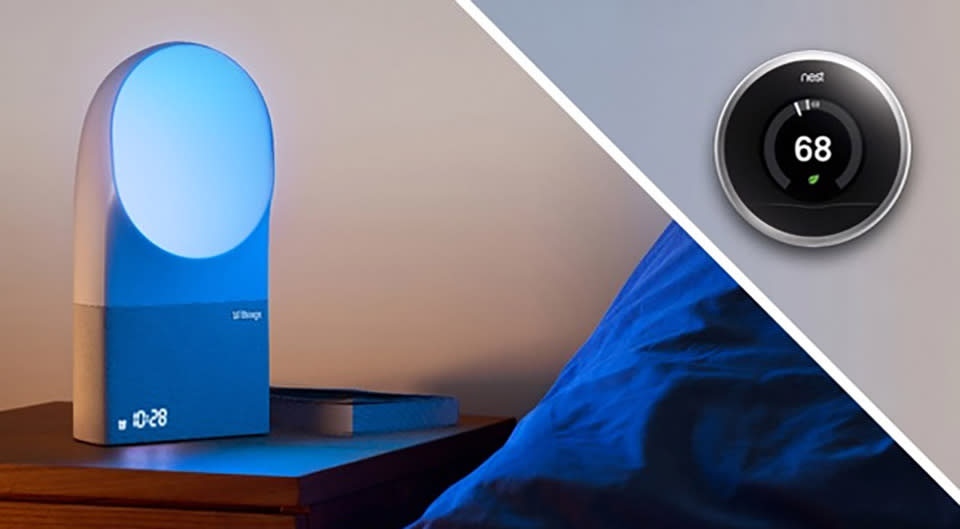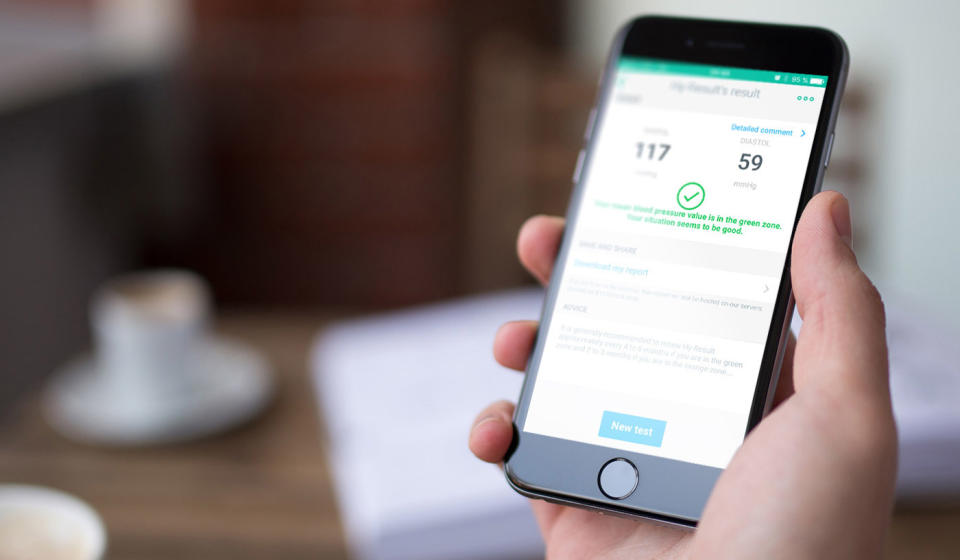Nokia bought Withings to take on Apple's HealthKit
WellCare, led by Withings, will be the backbone of Nokia's digital health plans.

Nokia just reentered the consumer market by acquiring well-regarded fitness tracker manufacturer Withings for $191 million. But why now, and why wearables? Nokia President Ramzi Haidamus explains that Nokia has been developing a digital health strategy called WellCare, something that sounds similar to Apple's HealthKit. He says that the acquisition of Withings -- which makes not only wearables but also scales, blood pressure monitors and other medical devices -- will accelerate its plans.
"WellCare is a trusted, secure and simple-to-use experience built around data and insight that are pulled through tracking devices. And it is this insight that informs patients, physicians and caregivers about their health," says Haidamus. Nokia has been researching the initiative for the past two years, but the acquisition gives it an instant boost into the market. The Finnish company will get Withings' broad lineup of fitness trackers but also gain its medical expertise. "We're paying for the company, but in reality it's Withings that's going to be running the entire digital health business at Nokia," says Haidamus.

The Withings Aura sleep sensor Nokia seems to be borrowing its strategy from both Apple and Fitbit, but Haidamas emphasizes that tracking is just part of a grand "holistic" health care plan. "The tracker [alone] is just something that's not interesting, frankly. So that's what's so attractive about Withings ... they have the blood pressure stuff, they have regulated products that are essential to the true monitoring of your health." Of course, it will have a huge job playing catch-up with Apple in medical research, as over half of the top US hospitals are trying out HealthKit.
Nokia will also pursue environmental monitoring to boot, a la Nest. "There's much to be said about people's lives by monitoring their environment as well as their body, whether it be air or temperature monitoring, a sleep monitoring system or a security camera," says Haidamas.
The Withings name has a huge cachet in health and wearables, so it's not a given that the brand will disappear. "That's too early to tell, but it's certainly a key question," says Withings CEO Cedric Hutchings, who will lead Nokia's new digital-health business. Haidamus adds that the company is conducting a "thorough and broad brand research" project. However, given Nokia's much more recognizable brand, it stands to reason that the Withings name might fall. That might not please its fans, but the company isn't broadly known like Nokia: For most people, the only fitness tracker that likely comes to mind is Fitbit.

The purchase price seems low for a company like Withings, suggesting that it was experiencing cash flow problems that precipitated a rescue purchase. Hutchings refutes this, saying that the sale to Nokia wasn't forced but a decision taken on what was best for Withings. "[The acquisition] is about accelerating our roadmap of products and solutions for digital health," he says. However, he wouldn't disclose the state of the company's finances or the number of wearables it has sold to date.
We're told there will be no layoffs or other effects on Withings' 200 employees located in France, the US, the UK and Hong Kong. "We're adding our team onto theirs, and we're going to invest on top of it. So this is more a growth story," says Haidamus. Hutching adds that his team is "enthusiastic and optimistic" about the acquisition. "We're highly proud of being a pioneer in this field and with more resources, we're motivated about what's coming next."
